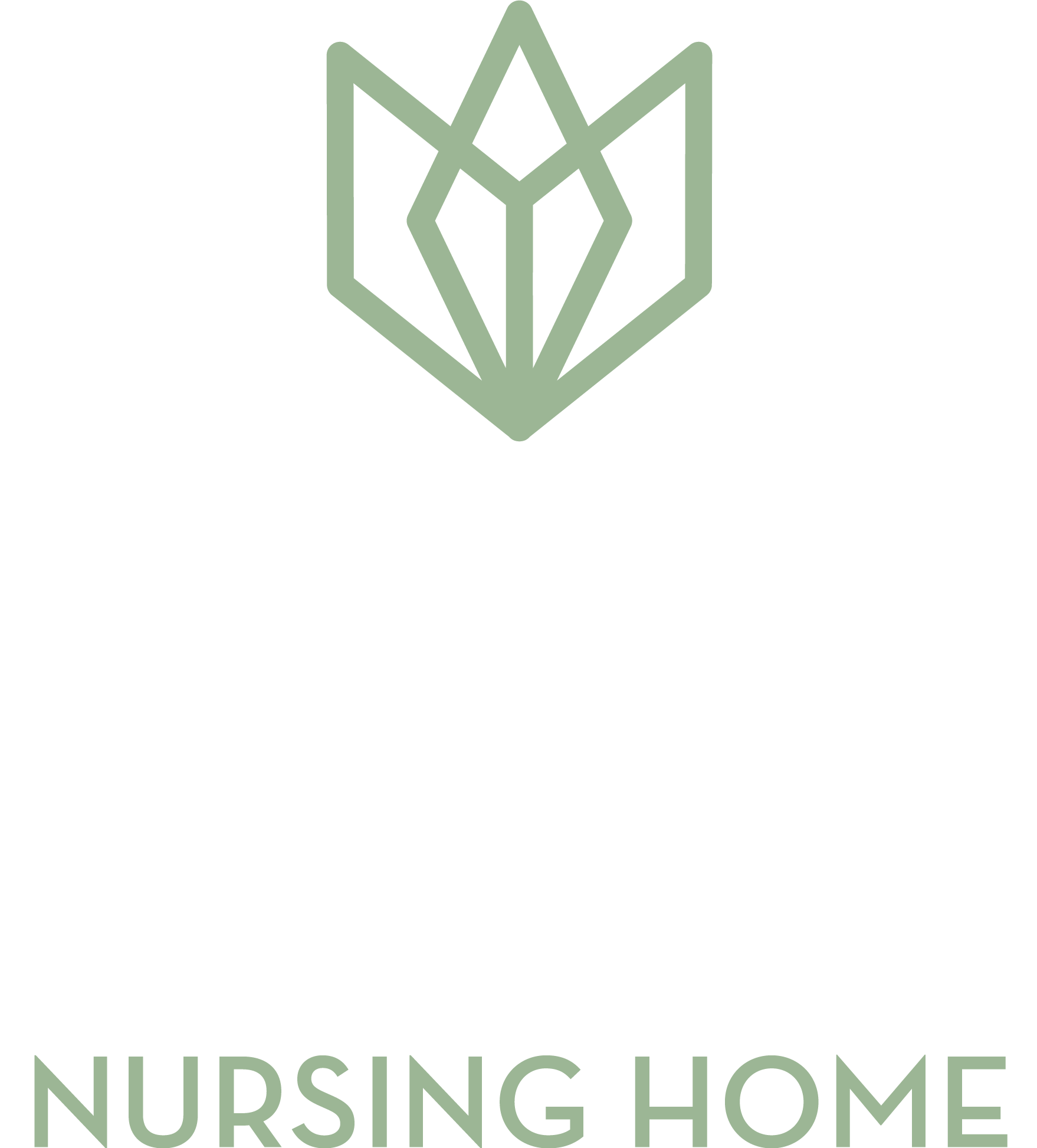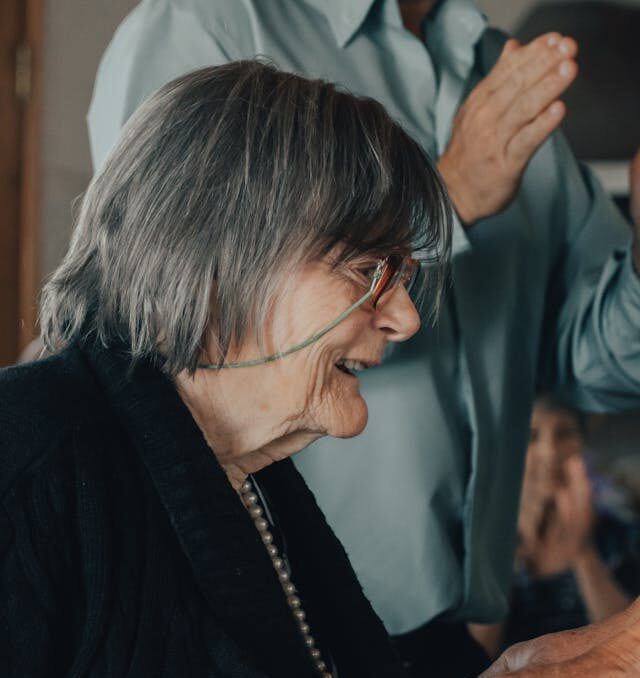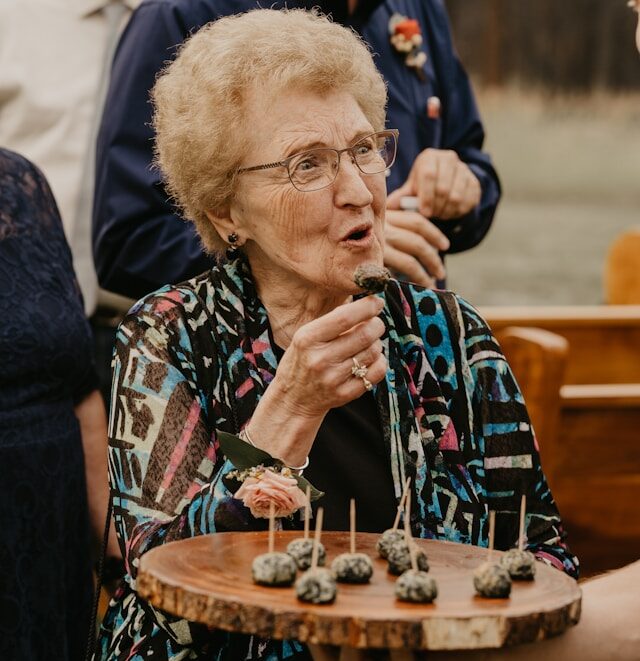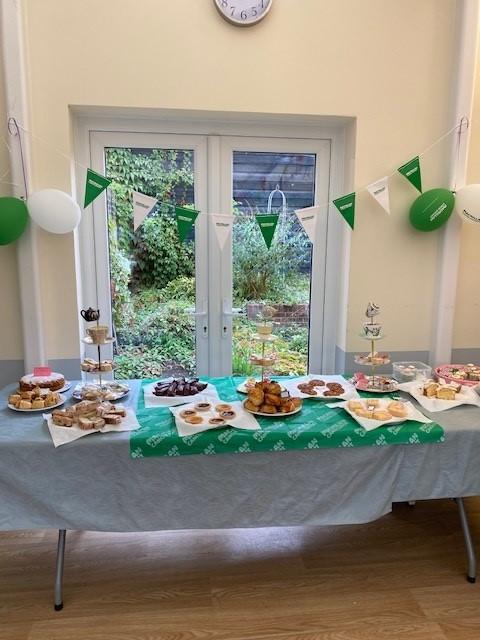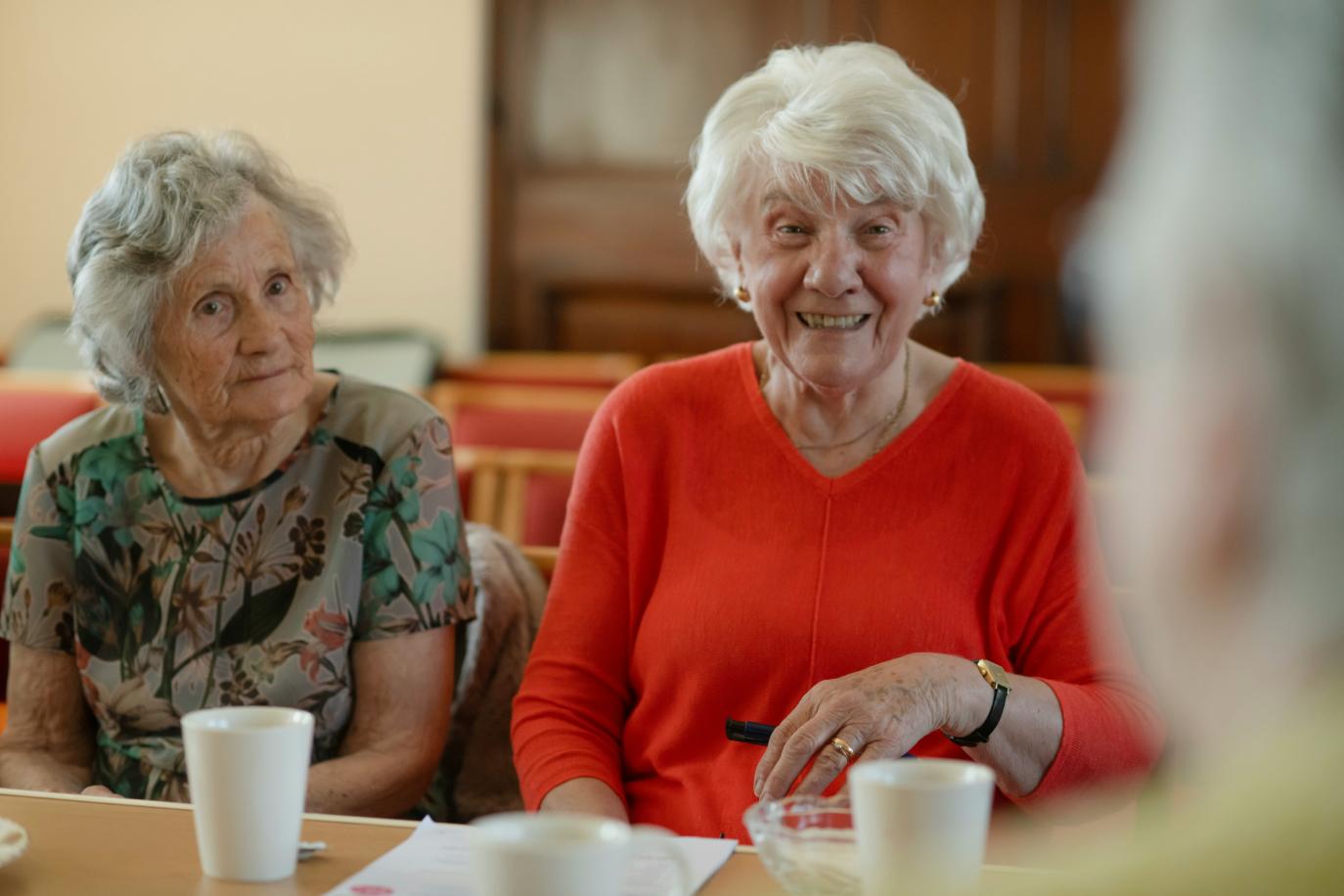When To Consider A Care Home
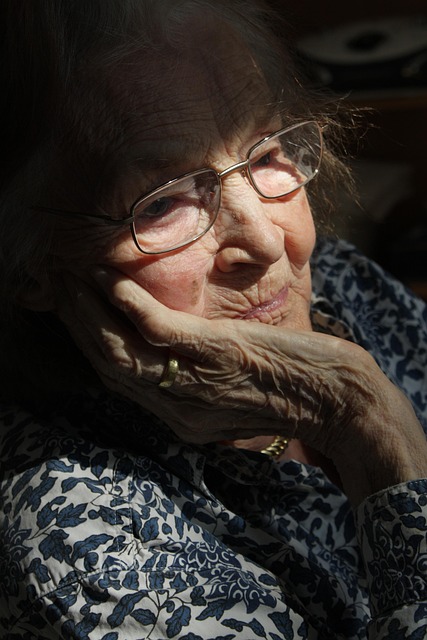
In this blog, we’re diving into the important signs that might mean it’s time to start thinking about moving into a care home. Whether you’re looking out for a loved one or just want to be prepared for yourself, knowing these signals early can really make a difference in getting the right support and improving quality of life. Life changes can sneak up on us, and sometimes it’s tough to recognise when extra help is needed. This guide will walk you through what to watch for, helping you feel more confident and informed about this big step.
When Daily Life Starts To Become Challenging
Life has a way of keeping us on our toes, but when everyday tasks become difficult or change significantly, it’s important to take notice. Maybe pushing the hoover around has become painful or washing and dressing start slipping due to forgetfulness or physical strain. If the home environment that was once tidy and well-kept begins to fall into disarray because it’s too much to manage alone, these are early signs to consider residential care.
Residential care provides a warm and supportive environment for those who need a little extra help with daily routines but don’t require constant medical supervision. It’s ideal for people facing difficulties with mobility, health, or loneliness and offers a safe place to live. A compassionate team provides round-the-clock, personalised care based on individual needs, including help with dressing, eating, medication, and household tasks like cooking, cleaning, and laundry. This support allows residents peace of mind and the freedom to focus on enjoying life in a nurturing setting.
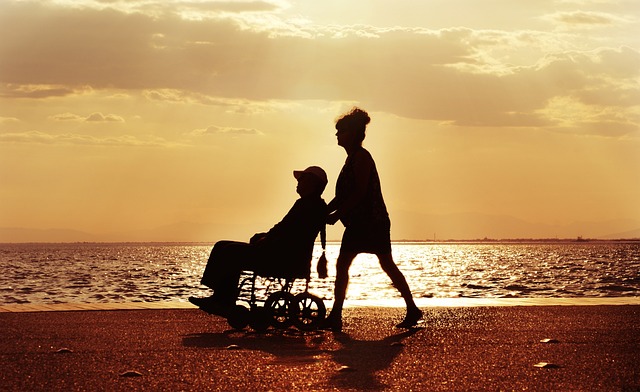

Physical Health Decline & Safety Concerns
Physical health changes and safety become major concerns as mobility struggles increase. If you live with someone, you might notice more frequent falls or trouble getting up. If not, it’s essential to speak up if you suspect these issues. Are moves around the house becoming slow and challenging? Has confidence been affected by these changes?
Getting out of bed feeling like a chore, or struggling with mobility aids that no longer seem sufficient, are clear signals to explore care options. Safety hazards, such as forgetting to turn off the oven or leaving taps running, also highlight the need for additional help. Medication mismanagement is another critical area, as missing or mixing up doses can have serious consequences.
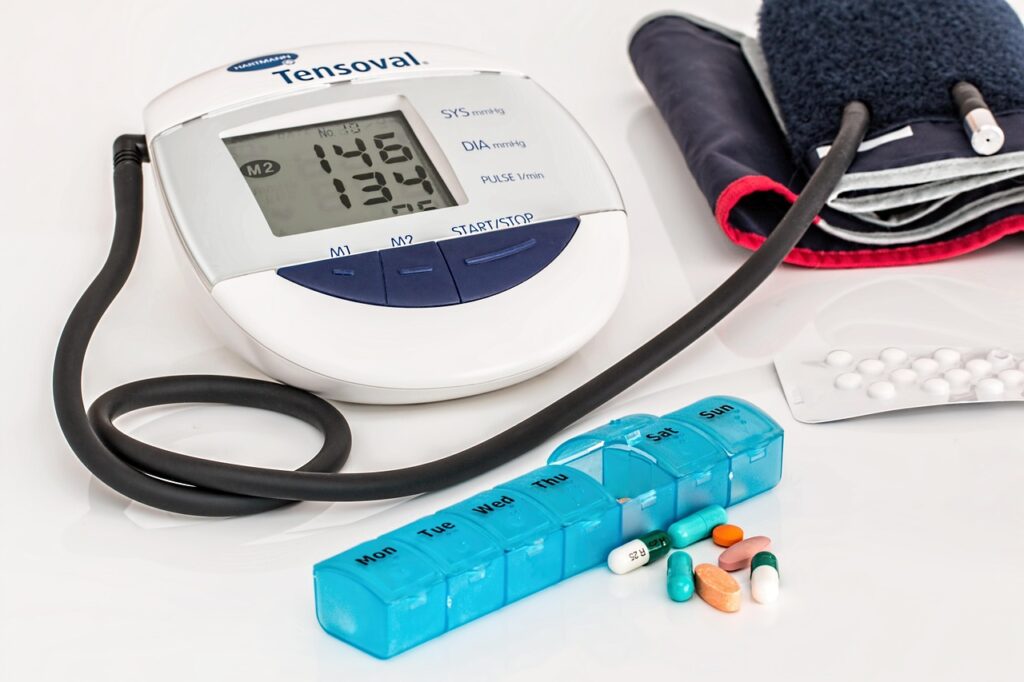
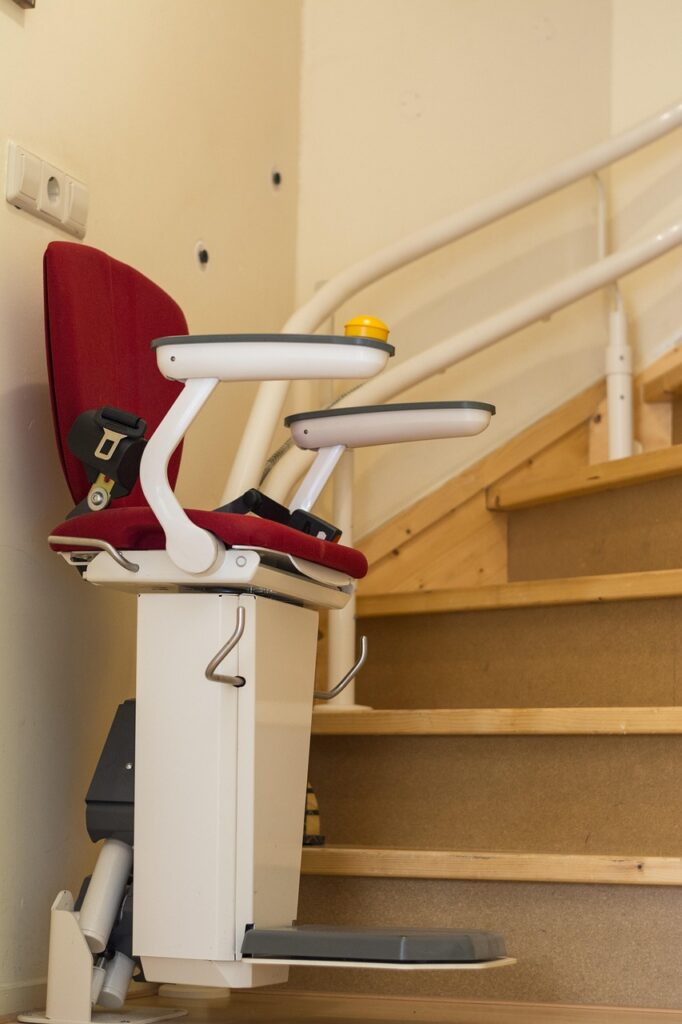
Decline In Mental Health
Sometimes the challenges aren’t physical but come from declines in memory and mental wellbeing. Signs include increased forgetfulness, confusion over simple tasks, agitation, or anxiety, which can be distressing both for the individual and their loved ones. Early recognition is crucial as care homes offer specialised support that helps residents stay on track with daily routines, maintain independence as much as possible, and feel safe. Many care homes have programmes tailored specifically for cognitive conditions, providing both care and companionship.
The Impact On Families & Caregivers
It’s important not to overlook how these changes affect family members and carers. Caring for a loved one can be incredibly rewarding but also physically and emotionally exhausting. Many family carers experience burnout, stress, and declining health as they try to juggle their own lives with caregiving duties.
When the demands of care become overwhelming, it’s a sign to consider residential care, which can offer professional, consistent support. This allows family members to step back, reduce stress, and focus on quality time with their loved one rather than daily caregiving tasks. It can improve the wellbeing of everyone involved and provide peace of mind that the person is receiving the best possible care from trained professionals.
In summary, here is a checklist that may help you or a loved one look for signs (list not exhaustive).
Residential Care Readiness Checklist For Families
Difficulty Managing Daily Tasks: Are basic activities like cooking, cleaning, dressing, or personal hygiene becoming challenging or neglected?
Safety Concerns: Has there been an increase in falls, accidents, or forgetfulness that could lead to harm (e.g., leaving appliances on, medication errors)?
Mobility Changes: Is walking or moving around the home becoming slower, more difficult, or requiring more help?
Health Decline: Are chronic conditions worsening, requiring more assistance or medical attention?
Cognitive Changes: Are you noticing memory loss, confusion, agitation, or increased anxiety impacting daily life?
Social Isolation: Does your loved one seem lonely, withdrawn, or less engaged socially?
Caregiver Stress: Are family members or caregivers feeling overwhelmed, exhausted, or unable to provide adequate care?
Medication Management: Is there difficulty in managing medications correctly and on time?
Increased Need for Supervision: Is 24/7 supervision becoming necessary for safety or wellbeing?
Home Environment: Has maintaining a safe, clean, and comfortable living space become unmanageable?
Checked several of these boxes? It may be time to explore residential care options that can provide tailored support and improve quality of life for your loved one and peace of mind for the family.
If you or your loved one are considering residential or nursing care in Maidstone, Barty House Care Home is here to support you every step of the way. Nestled in the peaceful Bearsted area, Barty House offers personalised, compassionate care tailored to each resident’s unique needs, whether residential, nursing, dementia, or respite care. Our dedicated team provides expert support around the clock in a warm, comfortable, and welcoming environment.
If you’re noticing the signs that more support is needed, don’t wait. Contact Barty House today to speak with our care specialists, arrange a personalised tour, or learn more about how we can help make this transition a positive experience for you or your loved one. Call us at 01622 737025 or visit our website to get started on securing the high standard of care your family deserves. Let Barty House be your trusted partner in this important journey.
